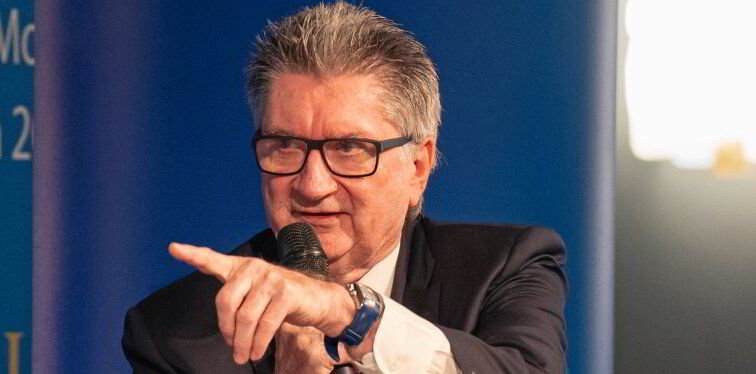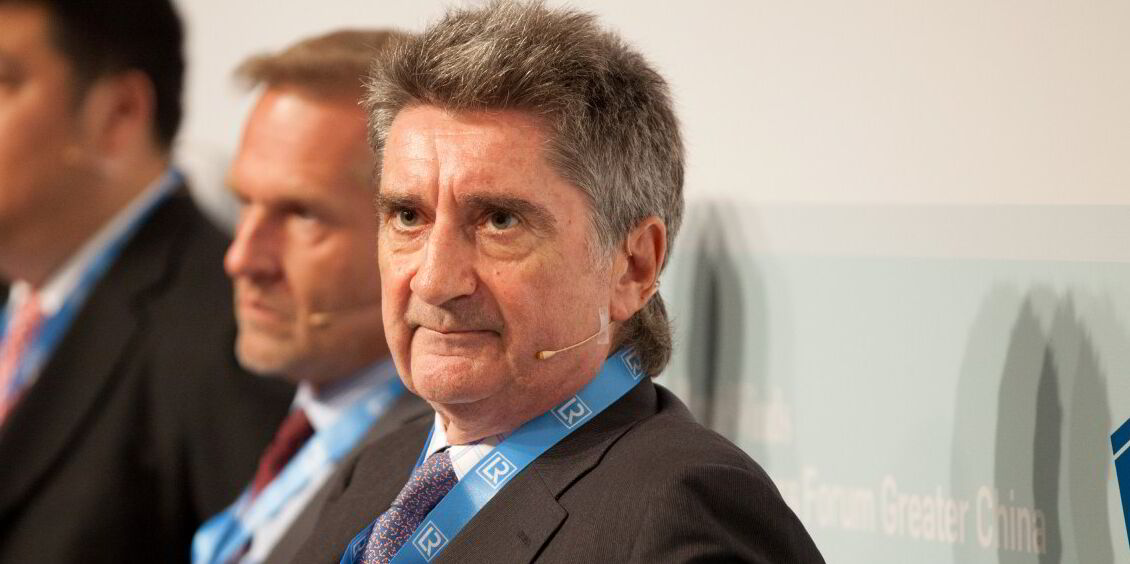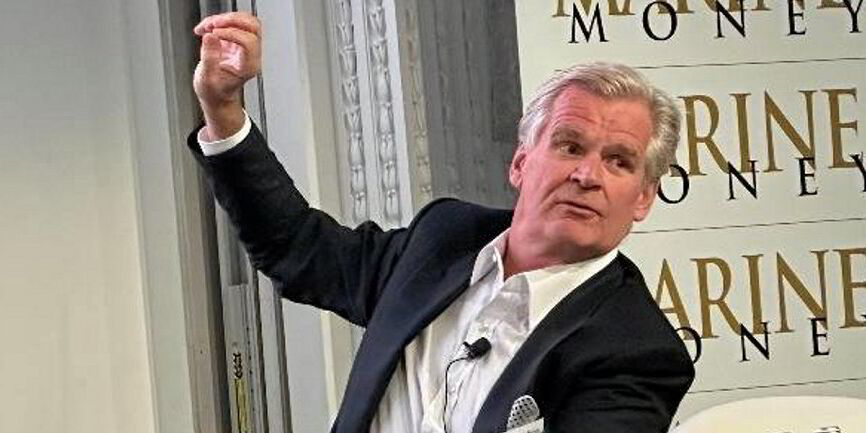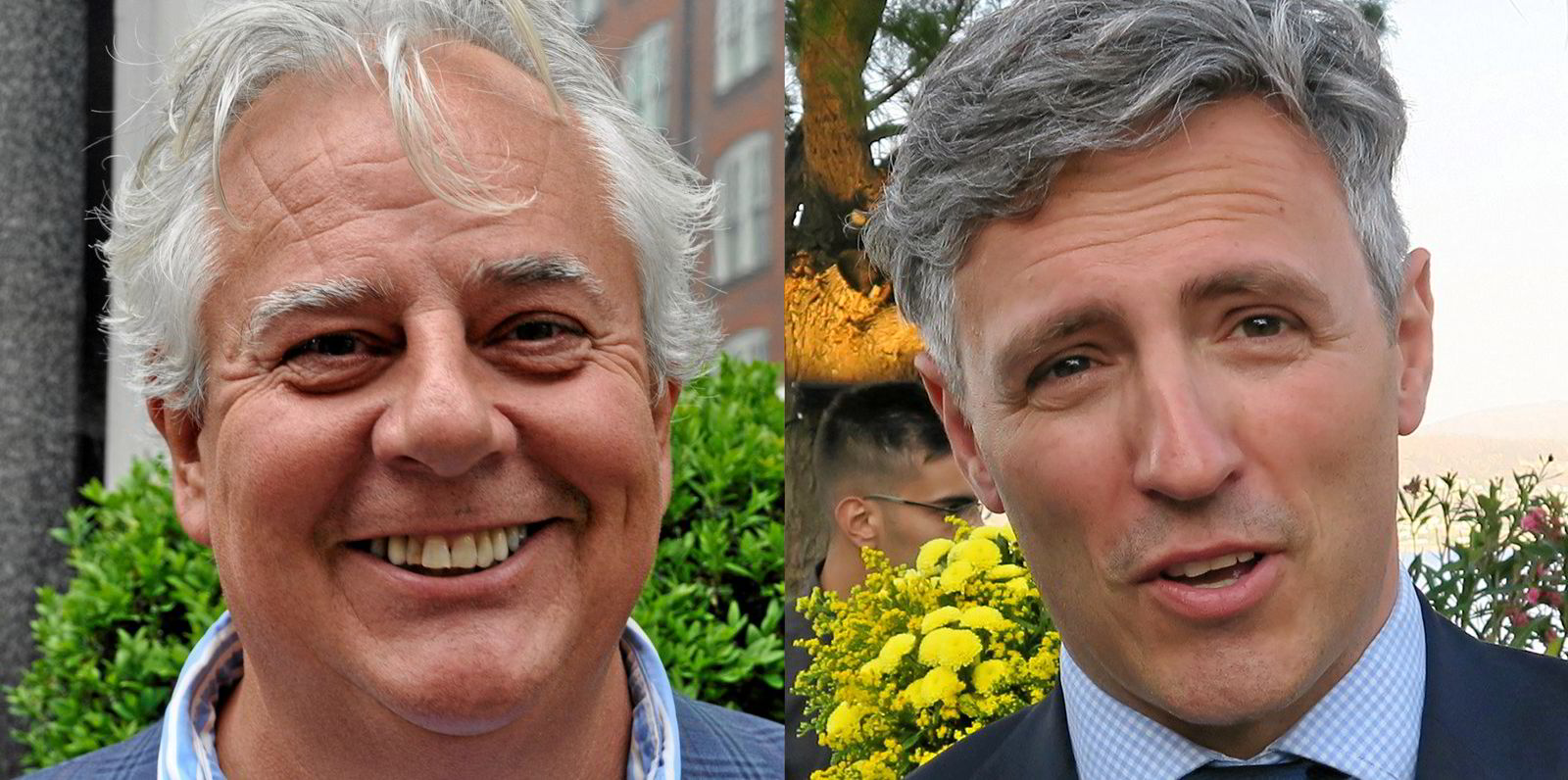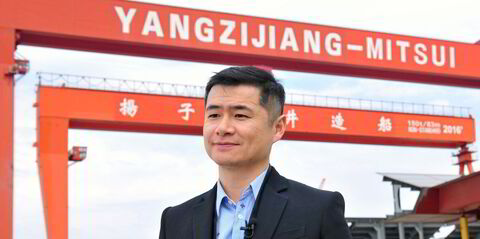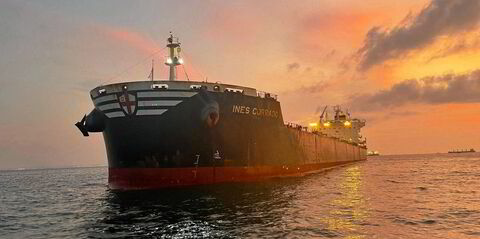London shipbroker Affinity (Shipping) has more shipping investment irons in the fire following its involvement in launching Tor Olav Troim’s new VLCC company.
The company has a 24.19% stake in the Norwegian shipowner’s Andes Tankers, which has ordered four dual-fuel VLCCs at New Times Shipbuilding in China, due in 2026 and 2027.
Affinity was in at the start as a seed investor, chief executive Richard Fulford-Smith told TradeWinds.
“The first thing to say was that when we were setting the company up, Tor Olav and I and others didn’t really have a lot of money, so we scrimped and scraped some money together to actually put down the first 10% instalments on these ships, and we had a fantastic relationship with New Times shipyard, which helped us,” he said.
This was through initial backing for Troim’s bulker operation 2020 Bulkers, and then his Himalaya Shipping, which saw Affinity invest on a greater scale. They both ordered vessels at New Times.
Fulford-Smith said he did not want to comment on what is going to happen with Andes, “because that’s not for me to do. We have to be very careful, you know, as shipbrokers, when we put our money where our mouth is. We can’t invest in ships. We have to invest in stock”.
This is so as not to be seen to be competing with Affinity’s own clients, the broker added.
“It’s as much about good timing as anything else and, of course, those assets have appreciated in value to more than offset our reduced turnover,” the CEO said.
Affinity’s revenue dropped $20m in 2023 after the company scrapped Russian tanker dealings.
“We’ve been doing positive things outside those three companies, which are all associated with my dear friend, Tor Olav, and other people. We were seed investors in these deals,” Fulford-Smith told TradeWinds.
Investments in ESG companies
“We are making other investments in other ESG companies but we are on the whole reluctant to talk about private business, particularly as we seed projects,” the broker added.
“We use our returns on these businesses to sponsor our very low management costs in shipbroking,” he explained. “It helps us to attract other brokers who should be rightly concerned by my calls for more discipline and better corporate governance.
“Whilst others were stocking up on rouble business transacted illegally in dollars, not to mention the odd big oil shipments from Venezuela/Iran business, about which big cargo isn’t happy, we were investing in next-generation, properly-supported businesses,” Fulford-Smith told TradeWinds.
Affinity and Andes have been working on other VLCCs, but prices have risen, he explained.
Other projects include biomethane and biogas, he said.
“All this as EU and UK ministers meet at Blenheim. Keir [Starmer] is making a good start with European partners and certainly would be horrified if he knew the extent to which UK brokers and lawyers, not to mention insurance, are supporting Putin’s war. Time to reset our business.”
Affinity estimates that dark fleet sales in 2023 and the first half of 2024 would have accounted for more than 50% of the total annual tanker sales turnover.
“There has been massive reward for the tanker brokers that have taken over much of the business that we used to do with good Russia-based clients,” the broker said.
“I am indebted to our tanker division that has made these sacrifices. I am pleased to say that as sanctions over these trades start to bite, we are now recognisable by our decent energy company and trader clients,” Fulford-Smith concluded.
Affinity's net profit last year was down at £6.8m ($8.8m), against £11.8m in 2022.
Revenue was 9.5% lower at £56m.
